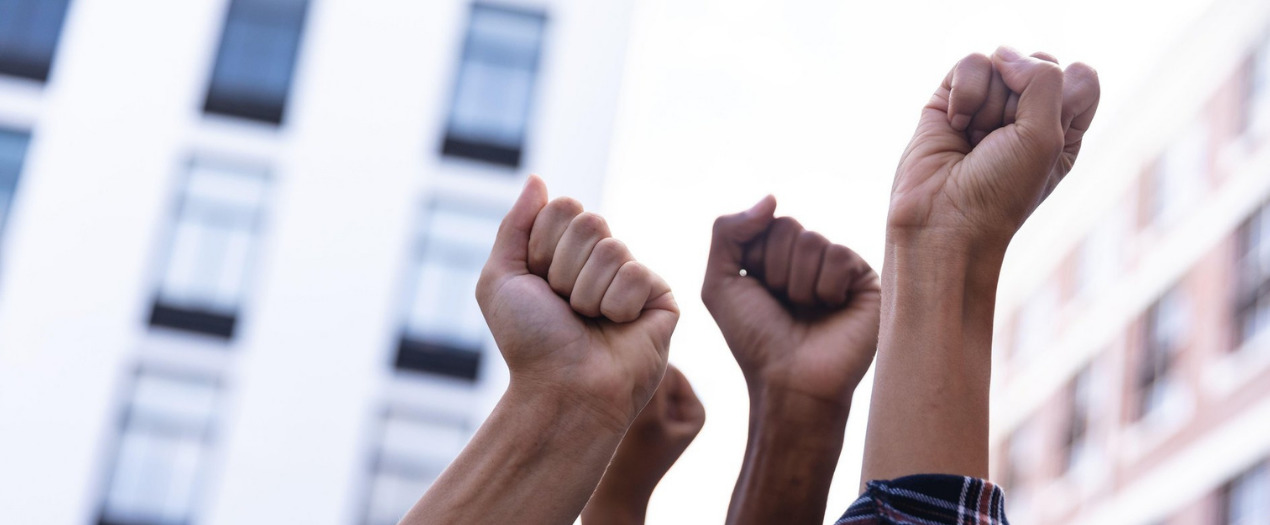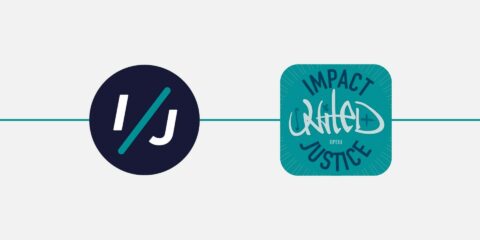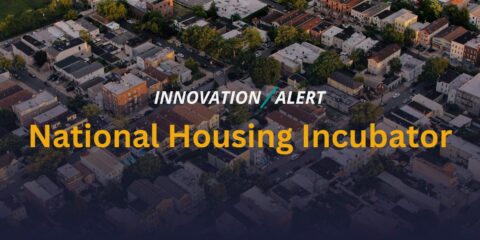“With this restorative justice diversion program in Philadelphia, we’re recreating what public safety looks like. We’re changing the narrative of crime and punishment that our communities have been trapped in by addressing harm with accountability, healing, and hope”
– Kempis “Ghani” Songster, Healing Futures Program Director
Impact Justice is proud to announce the launch of Healing Futures, Philadelphia’s first pre-charge, youth-focused restorative justice diversion program. Healing Futures will provide a pathway to divert young people and survivors from the juvenile courts to a restorative justice process, so no charges are ever filed. By encouraging constructive, community-based responses to harm, Healing Futures represents a new, transformative approach to youth justice in Philadelphia.
In the first year, Healing Futures will take up to 25 cases involving young people. The program will focus on felonies and high-level misdemeanors, such as robberies, burglaries, and assaults.
In place of charging and prosecuting a young person, the district attorney’s office will refer eligible cases to the Youth Art & Self-empowerment Project’s Healing Futures program to facilitate face-to-face meetings with the person harmed, their support systems, and other impacted community members. Participants will develop a consensus-based plan to repair harms. Once this plan is completed, no charges will be filed, and the case will be closed.
Healing Futures is a partnership between Youth Art & Self-empowerment Project and the Philadelphia District Attorney’s Office, with support from Impact Justice. The launch of this program represents a huge milestone for youth justice in the city—and one that local advocates and Impact Justice have spent several years working toward. For years the criminal legal system has been focused on the criminalization and incarceration of young people, perpetuating the cycle of harm and punishment that traps so many.
“With Healing Futures, there is an opportunity to create real justice and healing by allowing survivors to get their needs met and young people who’ve caused harm to take accountability without getting pushed into the criminal legal system.”
– Cymone Fuller, Impact Justice Restorative Justice Project Co-Director
Impact Justice supports similar restorative justice programs nationwide. To learn more about our Restorative Justice Project, visit our project page.



